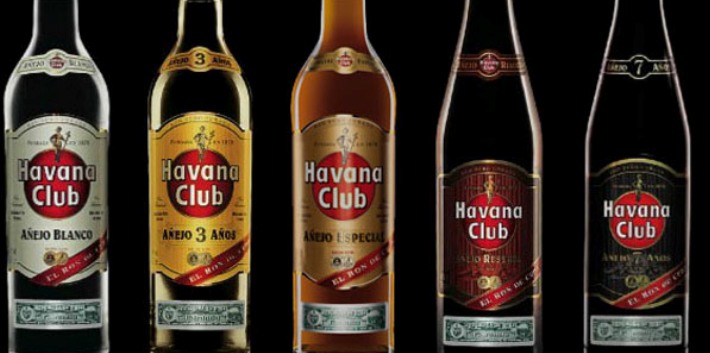
EspañolThe Obama administration seems to have pulled its communications strategy from Aesop’s fable “The Fox and the Grapes.” In the fable, a fox tries to eat some appetizing high-hanging grapes. When the fox is unable to reach the grapes he does not admit defeat, but rather rationalizes that the grapes are not ripe. Thus the expression “sour grapes.”
Psychologists often use this classic tale to illustrate the concept of cognitive dissonance. When heavily invested in a position and confronted with disconfirming evidence, we go to great lengths to justify our position, just as the fox does in Aesop’s fable. In short, our tendency is to deny discrepancies between our preexisting beliefs (cognition) and new information.
Cognitive dissonance theory examines our actions when we are confronted with information inconsistent with our prior beliefs.
Scholars use this paradigm in international affairs to examine historical failures in leadership resulting in calamitous surprises. Examples include the German invasion of France by bypassing the Maginot line, the Japanese bombardment of Pearl Harbor, and the simultaneous attacks on Israel in the Yom Kippur War.
Cognitive dissonance also explains more mundane affairs. Recently, political pundit Chris Matthews, commenting on the possibility of a Republican debate without Donald Trump, exhibited his racism by stating dismissively: “who is going to watch a debate between the two Cuban guys… Who is going to watch a debate between Marco Rubio and Ted Cruz? Who cares?” Mr. Matthews’ bigotry did not permit him to accept that two eloquent US Senators of Cuban descent could have anything worthwhile to contribute in a presidential debate.
Cognitive dissonance is also evident in how the Obama administration has handled the stances of Iran and Cuba following its major attempts at reconciliation. Although Obama’s expectations have not been met, officials downgrade unsuitable information in an effort to reduce dissonance.
Recently, Iran fired rockets within 1,500 feet of a US aircraft carrier in the Strait of Hormuz, and then captured two US Navy patrol boats and their crew in the Persian Gulf. The detention of the US sailors came just days before the release of billions of dollars in Iranian assets as part of the controversial nuclear deal reached with Tehran.
A video from Iran’s news agency showed that, in violation of international protocols, the US sailors were made to kneel on the deck, their hands clasped behind their heads. The video contrasted sharply with statements from Defense Secretary Ashton Carter, Secretary of State John Kerry and the White House.
Cognitive dissonance was on full display, as the official statements downgraded the inconvenient information, focusing on the release of the crew rather than on the humiliating context of the capture.
[adrotate group=”8″]Following President Obama’s December 17, 2014 announcement of his initiative to normalize relations with Castro’s Cuba, the administration has made several unilateral concessions to the Castro regime. At every step, the Cuban government has failed to respond in kind to the expectations of the Obama administration. In fact, General Raúl Castro has repeatedly insisted that Cuba will not concede anything.
In its cognitive dissonance, the administration, instead of reexamining its misconceptions, has doubled down on its losing bet. It has unilaterally proceeded with further giveaways to the regime.
Without even the slightest hint of a concession by Cuba, the administration has given the Castro regime the license to export Havana Club rum to the United States, contravening the legal decision that Bacardi Limited is the rightful owner of the license. It also announced new regulations that will benefit the Cuban government by easing restrictions on the financing of Cuba’s US imports.
The announcement employs Orwellian language to discount the fact that the Castros exert totalitarian control over the Cuban people and that the new regulations will enrich government monopolies, not small Cuban entrepreneurs. It disingenuously explains that exports will be permitted to state-owned enterprises if the products meet “the needs of the Cuban people.”
If the administration tried an honest approach, it would acknowledge its misjudgment. The grapes of the Castro regime are not ripe for democratic values.
 Versión Español
Versión Español












